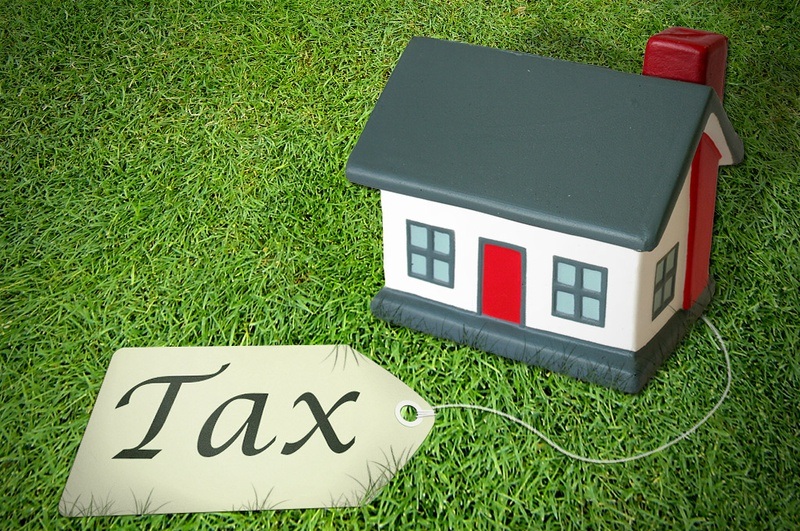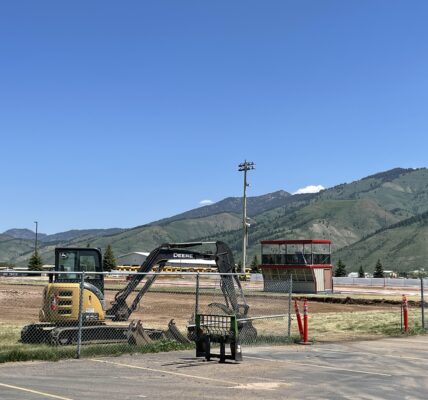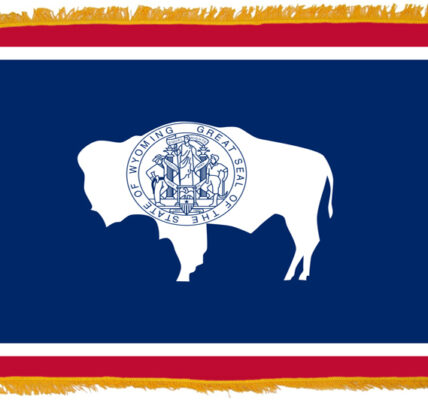Senate passes property tax exemption for seniors, other pieces of legislation still in play
By Carrie Haderlie
Wyoming Tribune Eagle
Via- Wyoming News Exchange
CHEYENNE — Ten senators declared a conflict of interest and did not vote on a bill that would create a two-year property tax exemption for Wyoming homeowners of 25 years or longer who are 65 and older, saying they would qualify for the program.
It was a moment of levity in an otherwise tense week at the Capitol.
Sen. Dave Kinskey, R-Sheridan, joked that his older sister, who qualifies under the proposed program created by House Bill 3, “Property tax exemption for long-term homeowners,” alongside him, asked him to vote yes before he declared a conflict.
Sen. Larry Hicks, R-Baggs, said he had several brothers who also may qualify, but he wouldn’t hesitate to declare a conflict: He can run faster than them.
However, Sen. Charles Scott, R-Casper, said that he didn’t see it as a conflict of interest to vote on the bill, representing the population that elected him, although he also qualifies. He voted for HB 3.
Senators who declared a conflict included Fred Baldwin, R-Kemmerer; Cale Case, R-Lander; Ed Cooper, R-Ten Sleep; Dan Furphy, R-Laramie; Mike Gierau, D-Jackson; Hicks; Kinskey; Bill Landen, R-Casper; Wendy Schuler, R-Evanston; and Senate President Ogden Driskill, R-Devils Tower.
Sen. Bo Biteman, R-Ranchester, who chairs the Senate Revenue Committee, explained on Wednesday that if several of the remaining bills passing through the Legislature are approved and become law, the Wyoming Department of Revenue will apply them in succession.
“Assuming the suite of bills makes it home, and they all get signed into law, first the cap would apply,” Biteman said.
The Department of Revenue would look at the percentage increase from the previous tax year to the current year and cap it at a percentage yet to be determined, he explained. Next, the department would apply the homestead exemption, in either a dollar amount or in a percentage value — also still to be determined. Then, an exemption of 50% for long term residents 65 and older who bought their homes 25 or more years ago would apply, followed by any existing veterans benefits already in place in state law.
“It is all doable,” Biteman said. HB 3 passed on third reading Wednesday in a 21-0 vote. Only around 1% of Wyoming’s population, or 6,500 people, are 65 or older and have owned a home in Wyoming for 25 years or more. The exemption would cost the state around $4 million in tax year 2025, and would expire in July of 2027.
“I think this bill is one that targets the people that we do need to help,” Sen. Stacy Jones, R-Rock Springs, said. “These are the people that have lived here a long time, they bought houses when they were so much cheaper and are living on fixed incomes. In my opinion, these are exactly the people I’d like to help with property taxes.”
Several other pieces of legislation remain on the table in the Senate.
In Committee of the Whole on Tuesday, Biteman said that House Bill 4, “Property tax refund program,” which was sponsored by the Joint Revenue Committee, would expand the state’s current property tax refund program by amending qualifications to allow for a refund to those who make up to 165% of the median gross household income in their county of residence or the state of Wyoming. Refunds will be calculated on a sliding scale between 25% and 100%, depending on income.
“Last year, the Department of Revenue saw quite a big increase in applicants for the popular program,” Biteman said.
An expanded program would take an additional $1.5 million in state funding, as well as an allocation of $10,000 to the Department of Revenue for administration. Sen. Scott noted that HB 4 was the “fifth, sixth (or) seventh” property tax bill passed by the body.
On Wednesday, Scott cited concerns over state spending and property tax cuts, warning that the budget discussions were still looming. He said he would vote for HB 3, though, as it was “not as expensive as I feared it would be.”
Biteman agreed that the Senate does have to consider the spending lawmakers are currently debating.
“I am curious to hear how the budget is going to come out,” Biteman said. “We can’t give a lot of money back to the taxpayers and tax cuts, and then continue to spend and spend.”
Sen. Stephan Pappas, R-Cheyenne, said that the bill is really the only remaining refund program going through the process.
“This is a refund,” he said. “It is intended to target those people who have been affected the most.”
Hicks said the bill would add more complications to the refund program, but Case called HB 4 “more than a Band-Aid” and a way to give people who truly need it a refund.
HB 4 passed on second reading in the Senate Wednesday.
House Bill 45, “Property tax exemption-residential structures and land,” would create a long-term solution to rising property taxes by capping them at 5%, according to Sen. Tara Nethercott, R-Cheyenne.
A standing committee amendment would bring that percentage down to 3%.
Had the bill been in effect last year, it would have saved taxpayers around $50 million, Nethercott said. That bill was laid back on third reading in the Senate on Wednesday, awaiting further amendments.
House Bill 134, “Property tax deferral program- amendments” which would have ensured that the property tax deferral program be administered by the Department of Revenue, failed in a 6-18 vote Tuesday, with several senators excused for other meetings.






